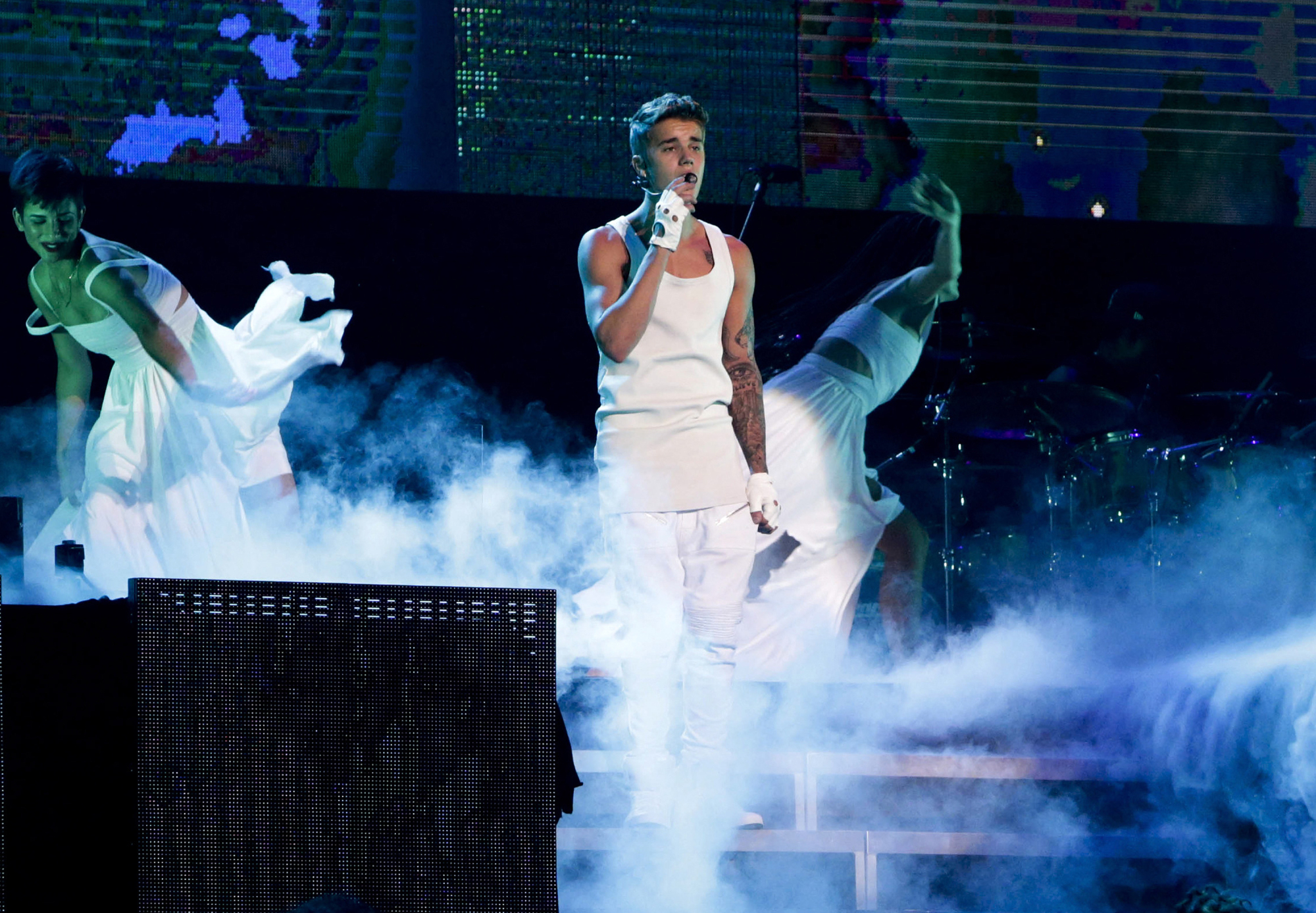Ruling authorities in China are constantly scouring and scrubbing the past in order to control the future. Poor old Confucius has seen his reputation bounce up and down to a dizzying degree, going from emblem of everything that was wrong with the old society to mascot of neo-communist "Confucian Centers" abroad. Moscow has been best friend and bitter enemy. Ditto for Washington. Even Tokyo enjoyed a respite from recrimination in the "Silk Road" days of the 1980s. Taiwan's Kuomintang (KMT) party has swung from public enemy number one to the best hope for reunification with the mainland. Tycoons and landlords, cast as parasitic leeches deserving to be shot in the revolutionary era, have now been rehabilitated as heroic captains of commerce in newly affluent China.
So it's no surprise that a megastar such as Justin Bieber should see his reputation soar and crash. The Canadian singer was warmly welcomed when he toured China in 2013, though his skateboarding antics in Beijing and horsing around on the Great Wall offended some. In China as elsewhere, drunken escapades and careless comments contribute to a "bad boy" reputation, but the Rolling Stones played in China (albeit with an edited playlist) so raunchy pop star behavior is rarely the last straw.
In China it is politics, or the perception of such, that is the surest route to getting stamped "banned by Beijing." Lady Gaga had the door slammed in her face for meeting with the Dalai Lama. Likewise Oasis found itself banned after a forensic "friend of China" search revealed a concert in support of Tibet 12 years earlier. Local artists like Cui Jian get banned for faintly expressed political views, not raucous rock star behavior.


















With your current subscription plan you can comment on stories. However, before writing your first comment, please create a display name in the Profile section of your subscriber account page.